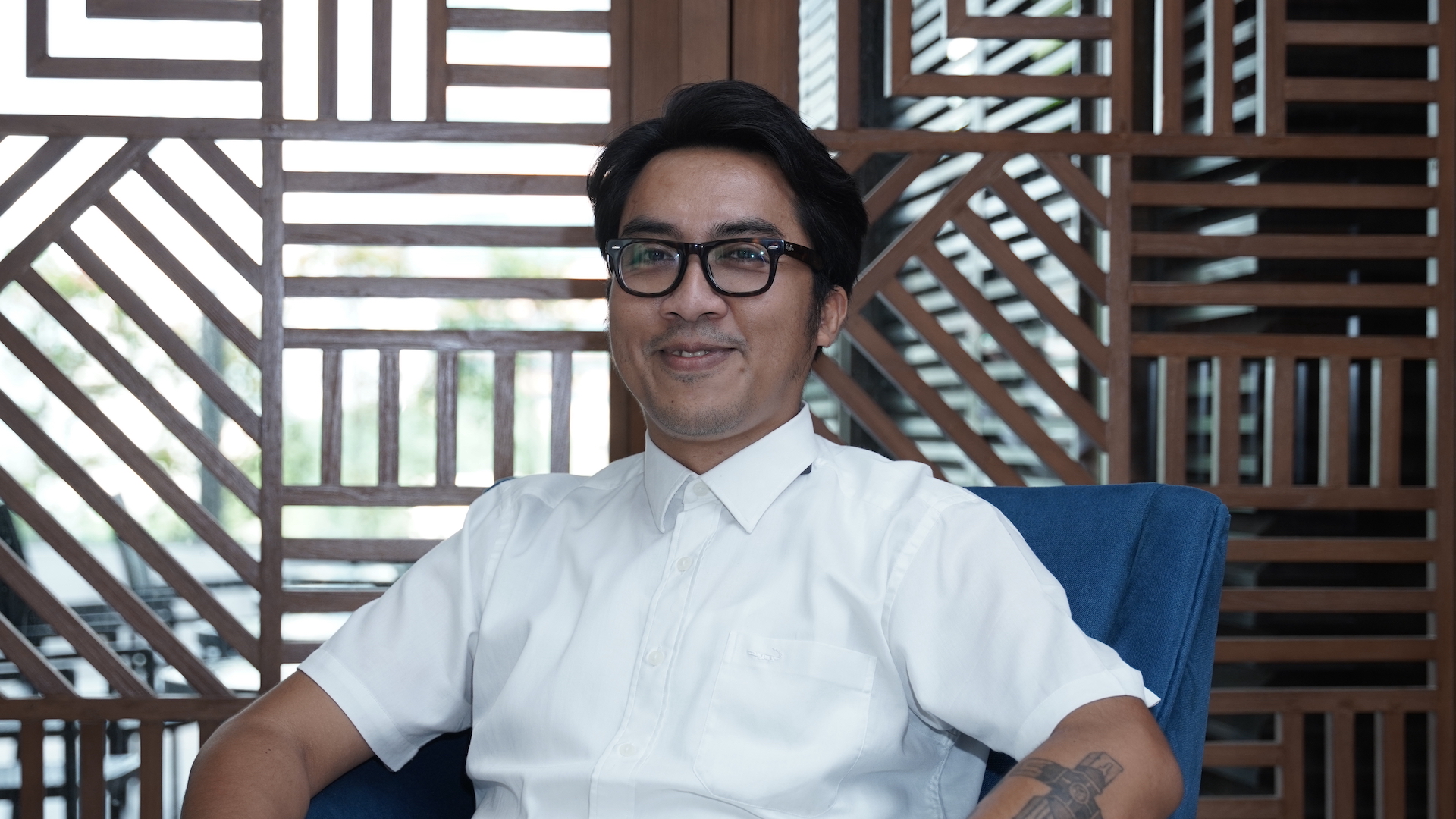Scale of Lead Exposures & Strategies for Mitigation of Impacts in Indonesia
Lead exposure remains a significant public health and environmental challenge in Indonesia, with over 7.8 million children estimated to have blood lead levels (BLL) above 5 µg/dL and more than 57,000 annual deaths attributed to lead-related diseases. Pure Earth Indonesia, a non-profit organisation dedicated to mitigating the impact of toxic pollution, has been supporting initiatives to address this crisis through research, technical intervention, policy advocacy, and public education. Recent projects include the Toxic Sites Identification Program (TSIP) in Java and Sumatra, where 63% of assessed sites were found contaminated with Lead; 85% were linked to informal use of lead-acid battery (ULAB) recycling. Complementing this, a 2023 BLL Study identified key determinants of elevated BLLs in children, including poor sanitation, use of aluminium cookware, low breastfeeding duration, and living near contaminated sites.
Pure Earth Indonesia launched a BLL surveillance program in 2025 targeting over 1,600 children to build a national lead exposure prevention system. This initiative evaluates household and community exposure sources while testing the feasibility of a broader national BLL monitoring system. In parallel, efforts are underway to promote environmentally sound ULAB recycling practices (2024–2027), with strong engagement from government agencies, industry associations, and formal recyclers. The organisation has also undertaken studies on metallic cookware in educational and institutional settings to identify non-traditional lead exposure pathways. Together, these initiatives reflect a comprehensive strategy aimed at reducing lead exposure and its long-term health impacts, contributing to Indonesia’s vision of a healthier population by 2045.
Presenters
Primary Speakers
